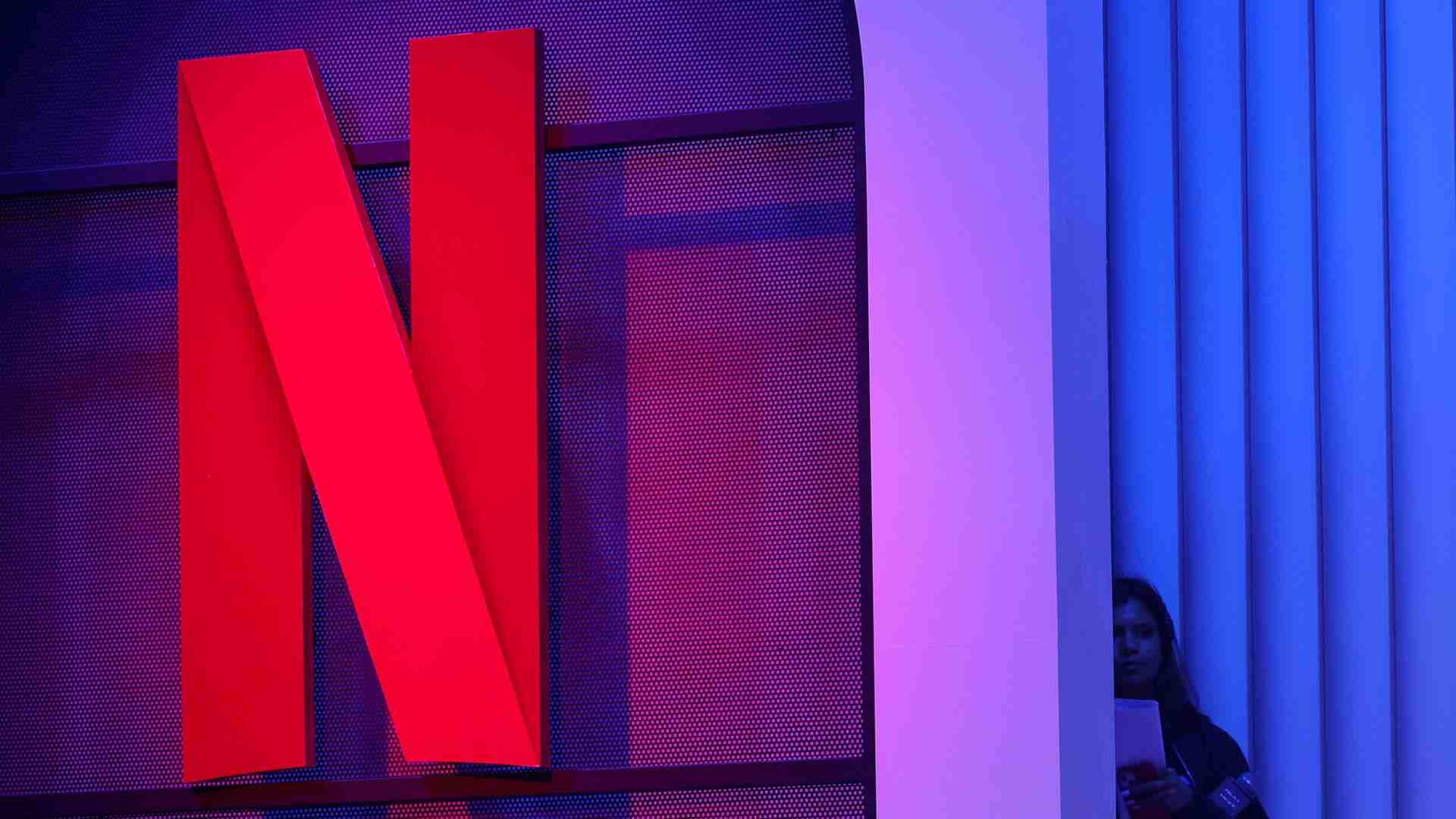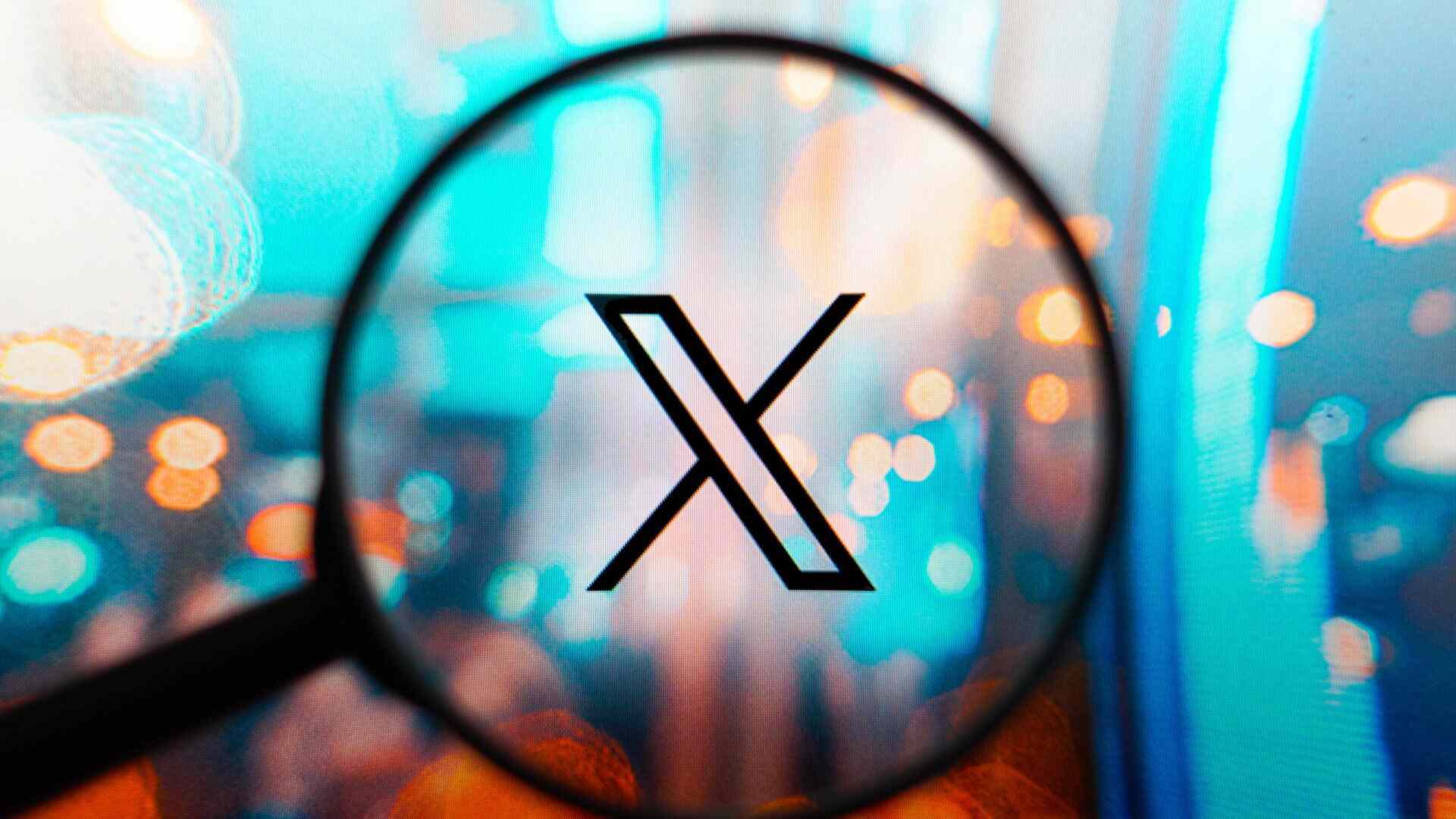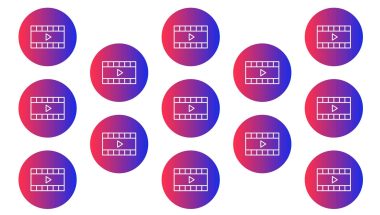- | 9:00 am
Adobe is so confident its Firefly generative AI won’t breach copyright that it’ll cover your legal bills
The offer is available only to users of its enterprise Firefly product, which launches today.

Adobe is so confident in Firefly’s ability to respect creators’ copyrighted images that it’ll legally compensate businesses if they’re sued for copyright infringement over any images its tool creates.
Adobe Firefly, the software giant’s AI-powered image generation and expansion tool, is being rolled out to businesses today. At its flagship Adobe Summit event, the company is unveiling an expansion of Firefly for enterprise users that will include “full indemnification for the content created through these features,” says Claude Alexandre, VP of digital media at Adobe. (The publicly available beta of Firefly has already been used to create AI-generated riffs on classic album covers and works of art.)
Anything created using Firefly’s text-to-image generation tool will be fully indemnified by the company “as a proof point that we stand behind the commercial safety and readiness of these features,” Alexandre says.
That’s important because of the challenges around the legal status of generative AI tools and their outputs. The standards around generative AI and copyright have not yet been settled legally, which is causing companies to hold off using generative AI in their business operations. This decision, Alexandre hopes, provides clarity.
The Firefly model is trained on stock images for which Adobe already holds the rights, as well as on openly licensed content (for example, Creative Commons images) and public-domain content. “Adobe has actually offered indemnification for quite some time against the use of its own products, and in particular for stock [images],” Alexandre says, noting that this is an extension of the practice.
Alexandre declined to answer whether the indemnity means that anyone who believes their copyright has been infringed by Firefly should sue Adobe rather than the person who used Firefly, noting instead, “It’s a guarantee against litigation, the consequences of litigation.”
The offer will be available only to enterprise customers—and Alexandre declined to share how much the company had set aside for a legal fund to fight any lawsuits, should they arrive.
It caps off a remarkable ascent and embrace of generative AI into areas whose livelihoods seemed threatened by its rise, which has taken the world by storm since ChatGPT debuted in November last year. “Adobe claim that Firefly has been trained on entirely legal inputs, mostly from their own extensive image libraries,” says Andres Guadamuz, an intellectual property law researcher at the University of Sussex. “This is an indication that they have conducted a thorough investigation of their training sources and are happy that they will not get sued.”
Guadamuz adds that Adobe’s promise shouldn’t be taken lightly: “They must have some very strong assurances from their legal team that they’re in the clear,” he says. “I can’t imagine that they would do this if there was some doubt that they would get sued out of existence.” (Also today, Adobe is announcing the integration of Adobe Firefly into a new beta version of Adobe Photoshop Express, its free and slimmed-down version of Photoshop.)
Alexandre, for his part, hopes that the indemnification will give companies confidence in deploying generative AI tools throughout their business. “When we control it against stock [images], it’s as good or better in terms of field compliance and IP checks,” he says. “We feel very good this is totally and completely commercially safe. I mean, risk is never zero, hence why we offer indemnification.”
One question that hasn’t yet been answered: how the creators of the stock imagery used to train Firefly will be compensated for their work. In an FAQ on Firefly’s website, Adobe says only that it is “developing a compensation model for Adobe Stock contributors and we’ll share the details of this model when Firefly exits beta.”
Alexandre declined to share more details on that compensation model. “It will be released before the first customer is live,” he says. “I’ve stayed at Adobe because Adobe cares about creatives on both sides of the equation. As much as we want the content to be safe for enterprises and customers, we want it to be ethical and responsible in terms of how we’re treating the creators on the other side.”





































